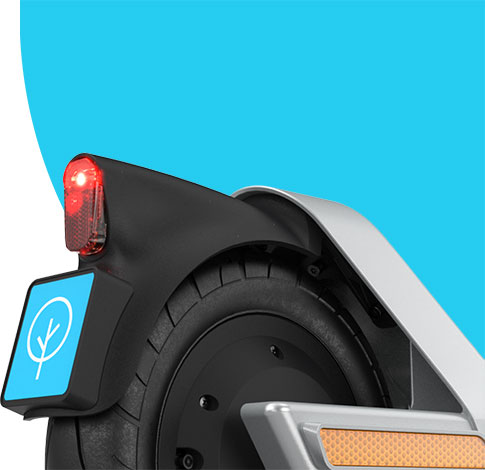Bird and Responsible Data Sharing

Our approach to sharing data with cities encompasses four key principles:
Privacy first: Bird is steadfastly committed to the privacy of our riders. We share only non-personally identifiable data that is required by cities to accomplish transit planning goals.
Making cities more livable: Provide policy makers with the data they need to design streets, sidewalks, and bike lanes that reduce auto dependency and encourage sustainable, efficient transportation choices.
Community minded: Provide cities with the data and tools they need to manage transportation solutions for all communities.
Responsible data management: Work with cities to ensure they have the tools to access and analyze data they need, while implementing robust technical security and data management policies. We believe that cities can and will rise to the occasion to manage complex, technical data sets.
Taking Responsible Data Sharing to the Next Frontier
Since the beginning, Bird has partnered with cities to provide data that is crucial to developing and managing world-class transportation systems. Now, we are taking this commitment a step further. We are proud to join the Open Mobility Foundation (OMF) as a founding member. OMF is a city-governed, Bird-supported, non-profit organization that brings together public, private, and academic stakeholders to develop and deploy a suite of new digital mobility tools that support cities in managing the public right-of-way. As a founding member of OMF, we have the ability to help lead the way in developing the digital building blocks for coordinating connected vehicle systems like Bird with the entirety of a city’s transportation grid.
In 2018, the Los Angeles Department of Transportation (LADOT) pioneered the standardization of data sharing across the world through the creation of the Mobility Data Specification (MDS) application program interface (API). MDS has enabled Bird to streamline data sharing with its city partners, while also equipping cities with the data they need to manage the deployment of micro-mobility solutions and improve the overall quality of their transportation systems.
OMF aims to build on that success, not only to govern the future of MDS, but also to create the toolkit of mobility data sharing beyond micro-mobility. Bird joined OMF because it is important for micro-mobility operators and transportation platforms to work directly with cities and policy makers to collaboratively develop open-source code that can be the conduit for efficient implementation of policy objectives, while preserving its user’s privacy.
Bird is grateful to LADOT for taking the lead in creating MDS, and Bird believes that this is just the start. Together, operators and cities can work to make sure that companies like Bird are able to meet mobility needs across the world.
